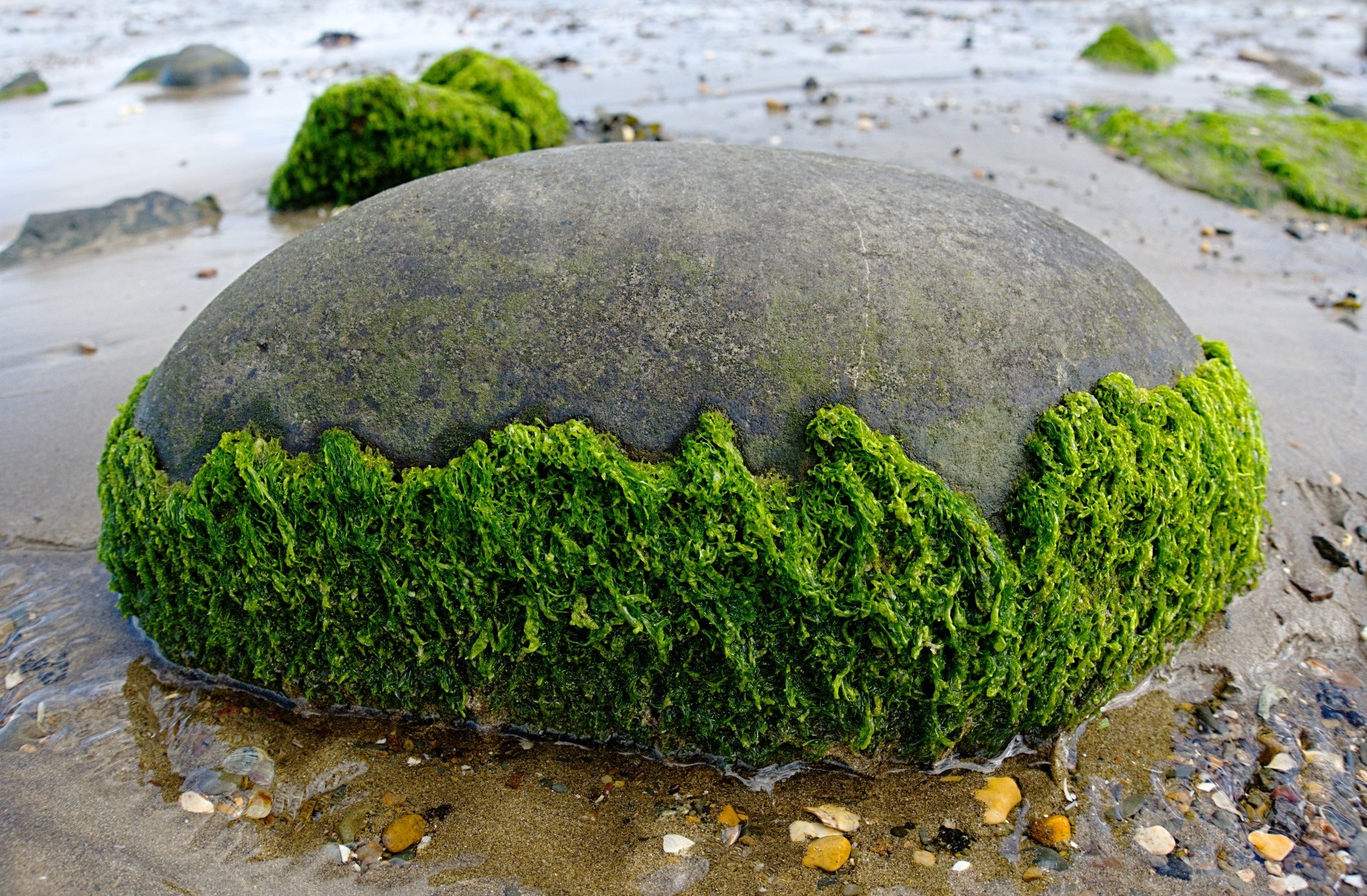Did you know that all plants on earth can be traced back to an ancestral type of algae from a billion years ago?
Our relationship with plants and algae, in particular, is crucial for the survival of life across the globe.
Are you wondering what kind of role algae play in relation to the environment? Keep reading to learn all about 5 facts related to the environmental effects of algae.
1. Algae Produce Oxygen
When it comes to algae environmental effects, nothing is more impressive than their ability to create oxygen. Starting with that first type of green algae a billion years ago, the atmosphere of the earth went from being hostile to humans to being full of breathable air.
Without oxygen, we wouldn’t be here. In that sense, we owe our lives to these little green organisms.
2. Harmful Algal Blooms
If we consider all of the algae environmental impacts, we would see that algae can sometimes be a problem. A harmful algal bloom (HAB) is when there’s an overabundance of toxin-producing algae in lakes, for instance. This can be hazardous to other plant life and animal life, including humans.
This problem usually occurs because of warmer waters, which means that climate changed could make these HABs happen more often. Fortunately, most algae don’t produce toxins.
3. Algae Could Be Used as a Biofuel
The environmental impacts of algae have a promising future. Microalgae, for example, can grow faster than just about any other plant. Not only that but they also don’t need fresh water.
This means they can be more easily fertilized and can thrive on land that most plants would die on. With this mind, scientists believe that microalgae can be used as a biofuel that doesn’t pollute the environment.
4. Algae Could Feed the World
We might be used to seeing algae in oceans, but what about on the dinner plate? Factory farming is one of the biggest contributors to climate change. Simply put, the world’s appetite for meat is unsustainable.
Not only does algae have a lot of protein, but it’s much easier to grow. Plus, no animals have to be killed or taken advantage of. From seaweed to spirulina, many people already eat algae.
Do you want some algae of your own? You can build a sustainable ecosystem right in your saltwater tank by visiting algaebarn.com.
5. Algae Could Clean Our Air
With so many carbon emissions polluting our air, we’re going to need the help of algae to make things right before it’s too late.
In fact, algae are so good at eating carbon dioxide that they once contributed to a global cooling almost 450 million years ago.
The Environmental Effects of Algae Are Fascinating
Now that you’ve learned all about 5 facts related to the environmental effects of algae, you can begin to appreciate how powerful even a small type of life can be.
Do you want to learn more about how beautiful the earth is and what you can do to protect it? Stay informed by bookmarking our website.



























